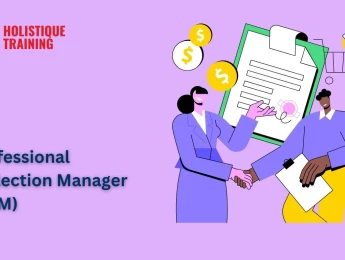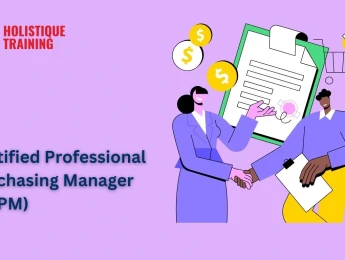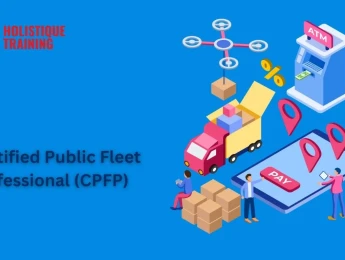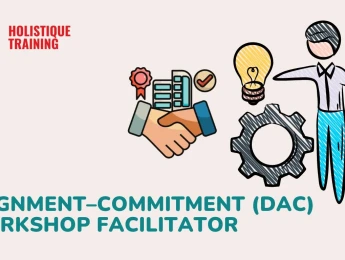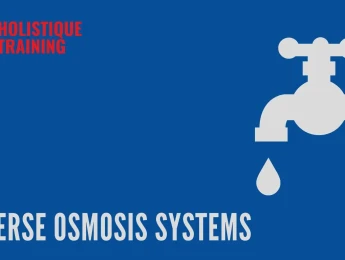Interviewing witnesses, suspects, and victims is absolutely crucial to completing cases in law enforcement. The public can provide invaluable information, and those in law enforcement roles need to utilise the necessary skills and methods to extract the needed information.
To conduct successful interviews, the interviewer must be fully competent in the interviewing methods. All interviews must be approached ethically and sensitively to ensure they comply with local human rights legislation. To guarantee ethical practice, thorough planning and preparation should be conducted before the interview so all those involved understand exactly the steps being taken and the desired outcomes.
As the interview takes place, there must be a strong focus on the interviewee's behaviour. The interviewer must be able to build rapport and create a comfortable environment to help the interviewee feel like they can speak freely. Communication styles and tone are extremely important, and adjusting language and tone to match the interviewee can provide effective results. Alongside this, the interviewer must be able to pick apart the information to create a full image of the situation and determine the value of their statements.
Upon completion of this course, participants will be able to:
- Understand the vitality of effective interviews within law enforcement.
- Ensure all investigative processes and methods are fully compliant with human rights laws.
- Maximise evidence collected from victims, witnesses and suspects using various methods and techniques.
- Assess the concepts, principles and ethics of effective interviewing.
- Explain the difference between open, closed and leading questions and when it is suitable to use them.
- Comprehend how to modify the investigative approach depending on the interviewee.
- Identify opportunities where witnesses can provide prime evidence and implement risk management and witness protection measures if needed.
- Develop strong and confident communication skills.
This course is designed for anyone responsible for interviews who wishes to further develop their skills and knowledge. It would be most beneficial for:
- Police Officers
- Prosecutors
- Intelligence Managers
- Serious and Organised Crime Investigators
- Detectives
- Immigration and Customs Officers
- Police Sergeants
This course uses a variety of adult learning styles to aid full understanding and comprehension. Participants will review recordings of genuine police interviews to highlight key tactics, skills, and persuasion methods used by the interviewer.
To guarantee the participants develop a thorough understanding of the taught content, they will participate in presentations, group discussions, video materials, and group activities. Furthermore, they will also be given the opportunity to work in groups to simulate witness, victim, and suspect interviews to practice the practical skills and ensure a well-rounded understanding.
Day 5 of each course is reserved for a Q&A session, which may occur off-site. For 10-day courses, this also applies to day 10
Section 1: Introduction to Interviewing
- The purpose of interviewing in law enforcement.
- Analysing investigative interviewing principles and ethics and understanding personal morals.
- Assessing the PEACE model and how this leads to effective interviews.
- Aligning intelligence with evidence.
- The importance of efficient interview management.
- Developing confidence in using persuasive language.
Section 2: Planning for an Interview
- Setting clear and concise intentions and ideal outcomes.
- Creating a plan detailing known information, strategies and goals for the interview.
- Reviewing the required skills, roles and responsibilities.
- Examining the interviewee and adjusting the plan based on behaviour and willingness to help.
- Establishing necessary points to prove.
Section 3: Engaging with the Interviewee
- The importance of building rapport with the interviewee.
- Effectively engaging and explaining the current situation.
- Analysing interviewee behaviour and adjusting communication style and tone of voice.
- Understanding the interviewee’s motivations and applying tactics relating to them.
- Actively keeping the interview on topic.
- Providing comfort and reassurance to witnesses and victims.
Section 4: Obtaining Information
- Taking accurate notes during the interview.
- Identifying key information and expanding understanding through further questioning.
- The 3 types of questions – open, closed and leading questions.
- The advantages and disadvantages of the question types and when they are most suitable for use.
- Clarifying and challenging provided information.
- Closing the interview and evaluating the new knowledge.
Section 5: Interviewing Vulnerable People
- Understanding the intimidating situation witnesses and victims may be in.
- Identifying vulnerable adults and ensuring their safety and comfort.
- The difference between interviewing adults and juveniles.
- Adapting to special court measures.
- Ensuring maximum security and protection for witnesses.
Upon successful completion of this training course, delegates will be awarded a Holistique Training Certificate of Completion. For those who attend and complete the online training course, a Holistique Training e-Certificate will be provided.
Holistique Training Certificates are accredited by the British Assessment Council (BAC) and The CPD Certification Service (CPD), and are certified under ISO 9001, ISO 21001, and ISO 29993 standards.
CPD credits for this course are granted by our Certificates and will be reflected on the Holistique Training Certificate of Completion. In accordance with the standards of The CPD Certification Service, one CPD credit is awarded per hour of course attendance. A maximum of 50 CPD credits can be claimed for any single course we currently offer.
- Course Code PO5-107
- Course Format Classroom, Online,
- Duration 5 days






